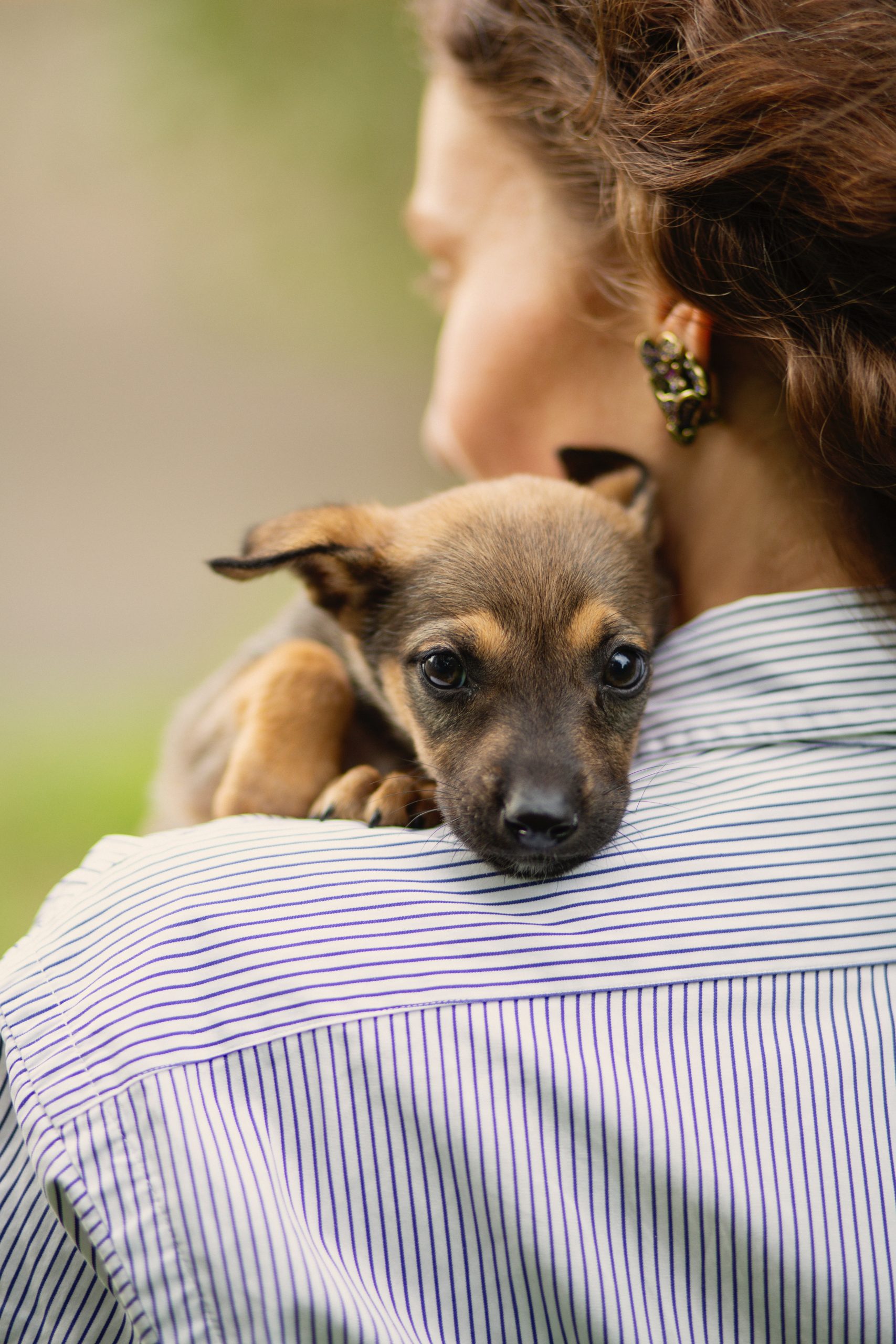What is Canine Parvovirus?
Canine Parvovirus is a serious and often fatal viral disease that impacts unvaccinated puppies and dogs.
It is very dangerous for dogs as it can stay on surfaces and in environments for a long period of time and is highly contagious. The virus can be contracted by dogs by coming into contact with an infected dog, contaminated faeces, surfaces or environments. It doesn’t need a sick dog to visit to be spread, it can travel on shoes and tyres for example.
What are the signs?
The typical incubation period for Parvovirus is four to six days. Signs that your dog is infected include (but are not limited to):
- Lethargy
- Loss of appetite
- Severe or repeated vomiting
- Diarrhoea (commonly with blood present in the stool)
If you notice any of the above signs in your dog or puppy’s behaviour, take them to your local Fur Life Vet clinic immediately as Parvovirus progresses rapidly.
How to prevent Parvovirus
Vaccinations are the best preventative for parvovirus, and they are highly effective.
See below for a typical vaccination schedule, however this may vary according to your circumstances.
- Initial vaccine at 6 to 8 weeks of age
- Booster vaccine at 10 to 12 weeks old
- Booster vaccine at 14 to 16 weeks old
- A booster vaccination one year after finishing the puppy series of vaccinations
- Subsequent vaccinations are based on your vet’s recommendations, considering the dog’s age and lifestyle.

Parvoviris can remain on surfaces for long periods of time and can be fatal!
Make sure you talk to your Fur Life Vet about the appropriate vaccinations for your puppy or adult dog and avoid taking them to public spaces, including off-leash dog areas, parks or anywhere that unvaccinated dogs may frequent until they are fully vaccinated and protected!


Recent Comments